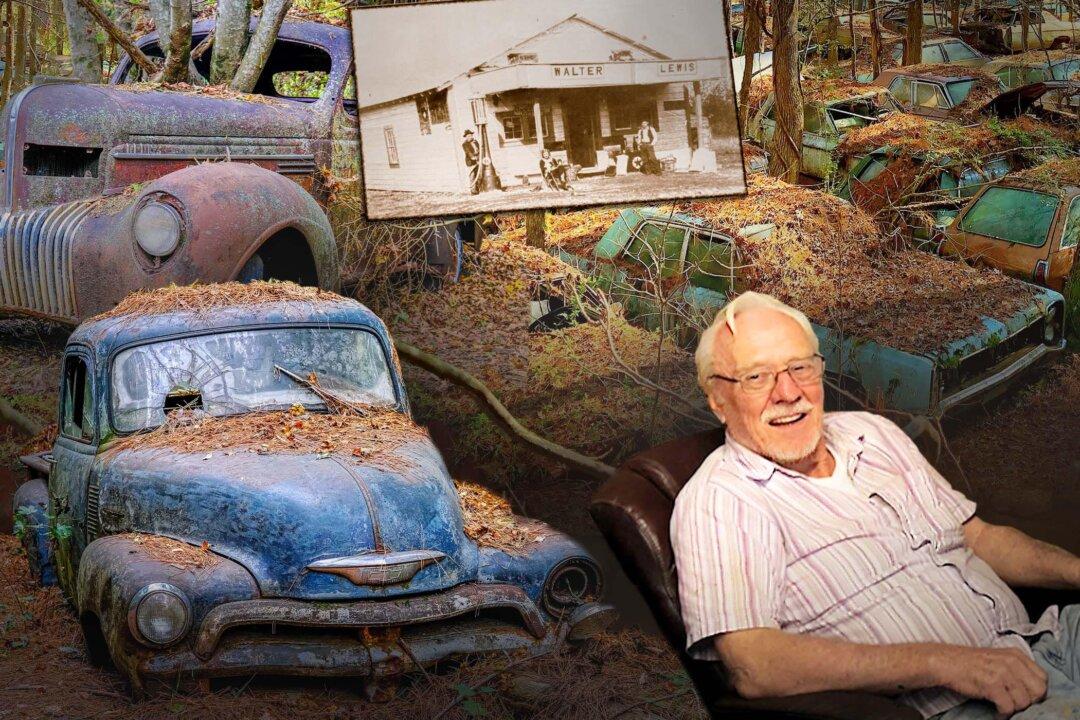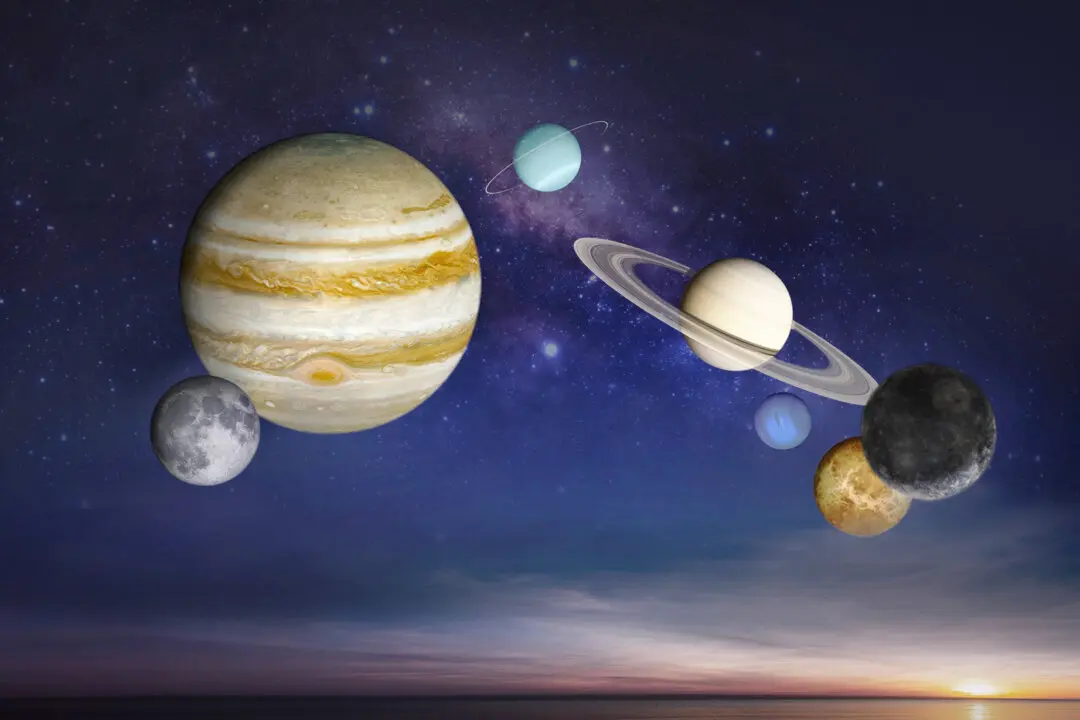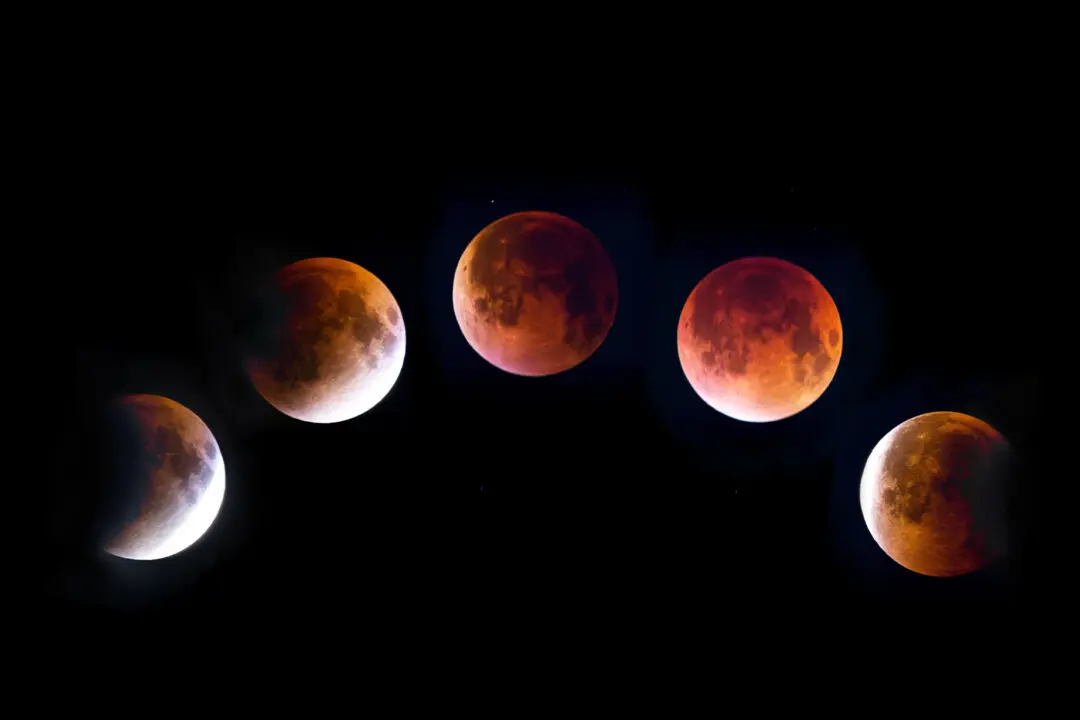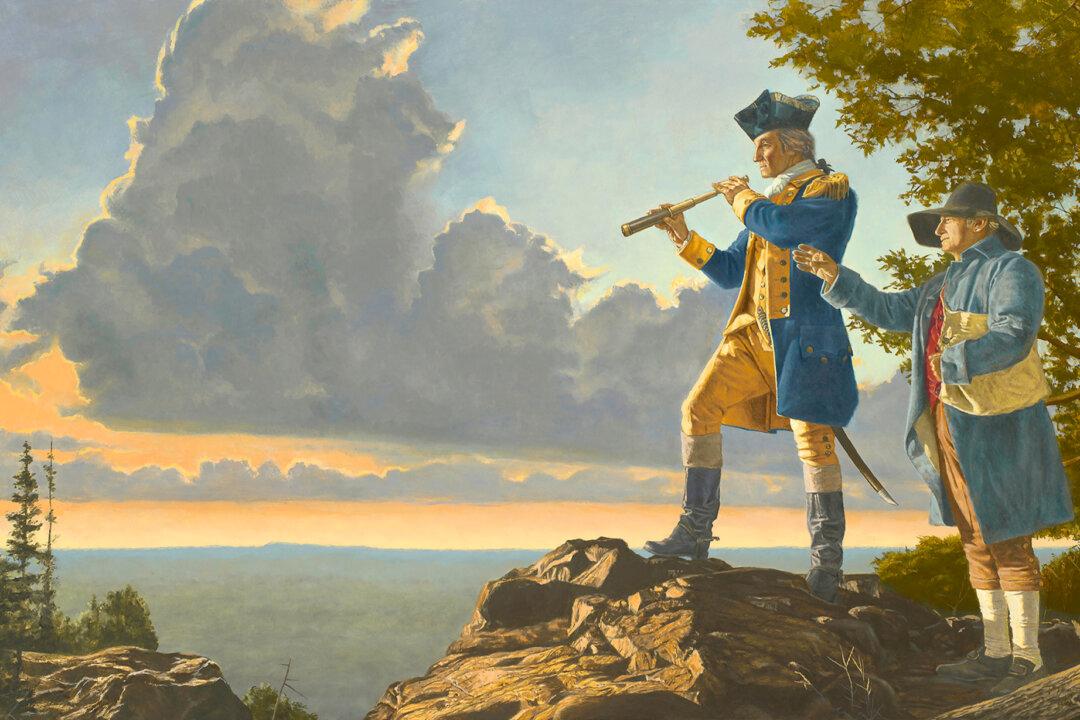Disclaimer: This article was published in 2023. Some information may no longer be current.
Fifty years is a long time to wait. It was long enough for the saplings at Old Car City, U.S.A., to sprout and grow right through Dean Lewis’s wrecked automobiles, wearing them like old clothes; long enough for moss to blanket his 32-acre junkyard masterpiece; long enough for nature to imbue the most coveted artistic touch of all.






